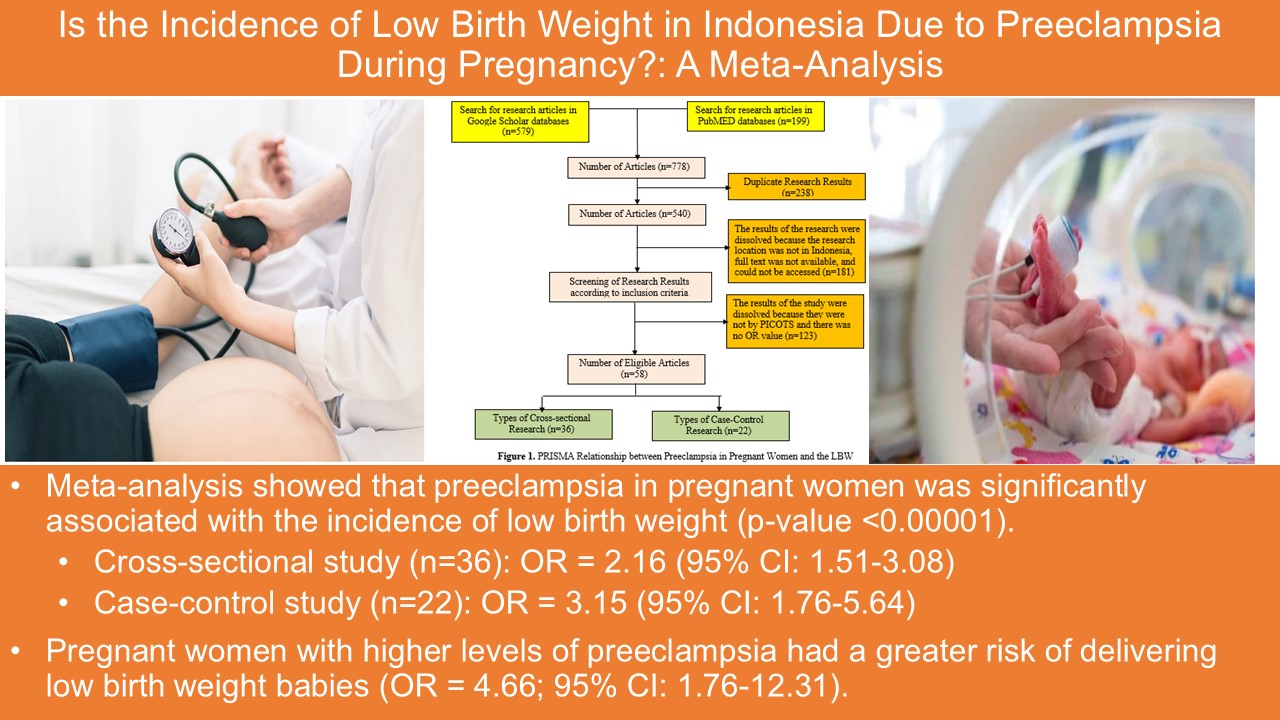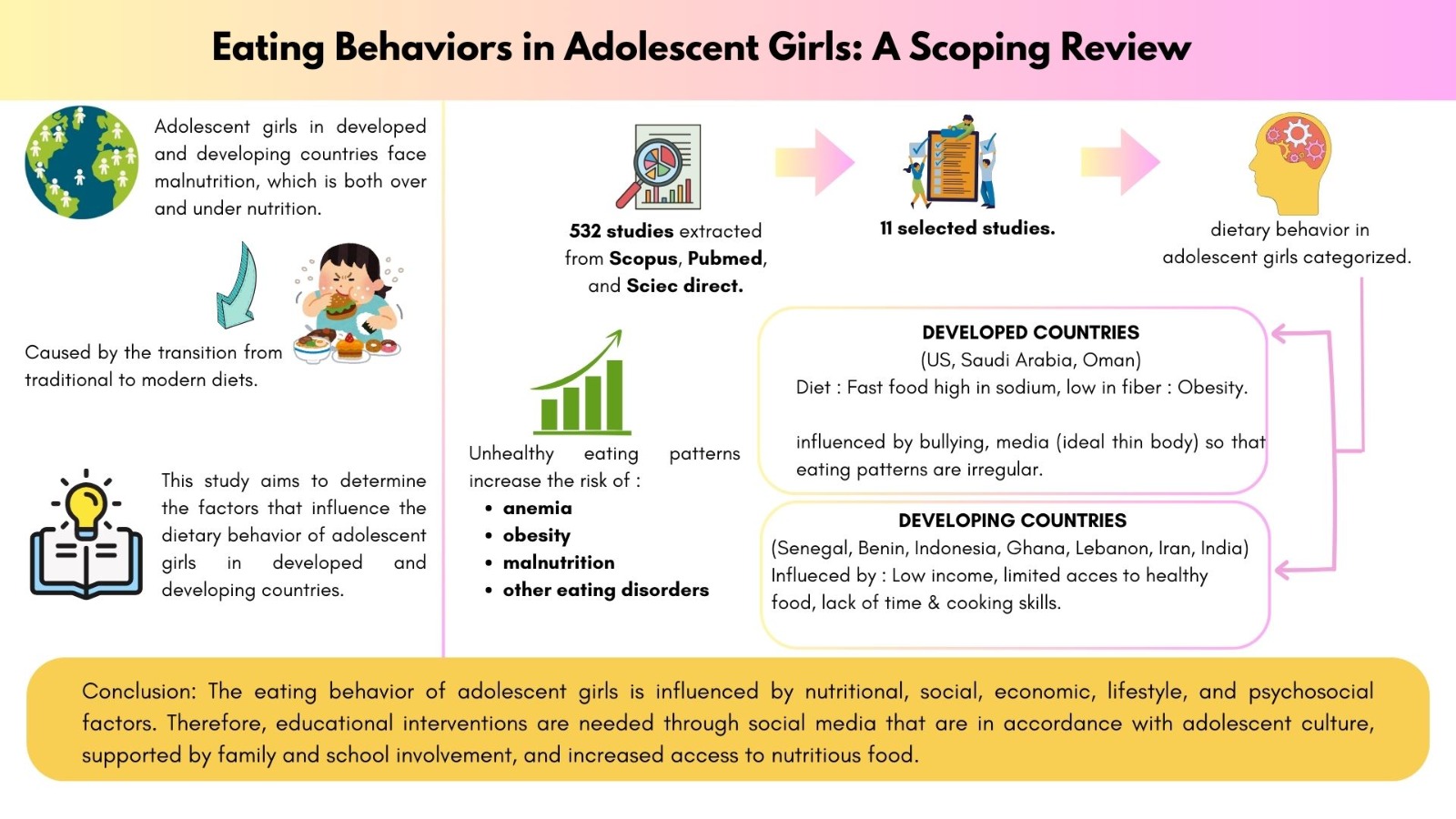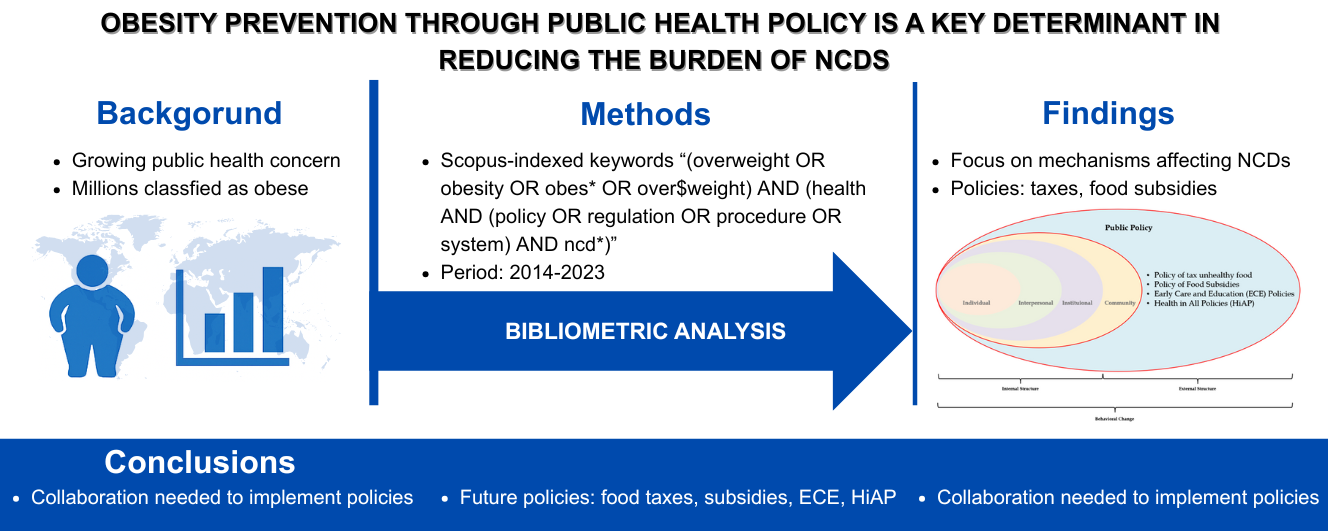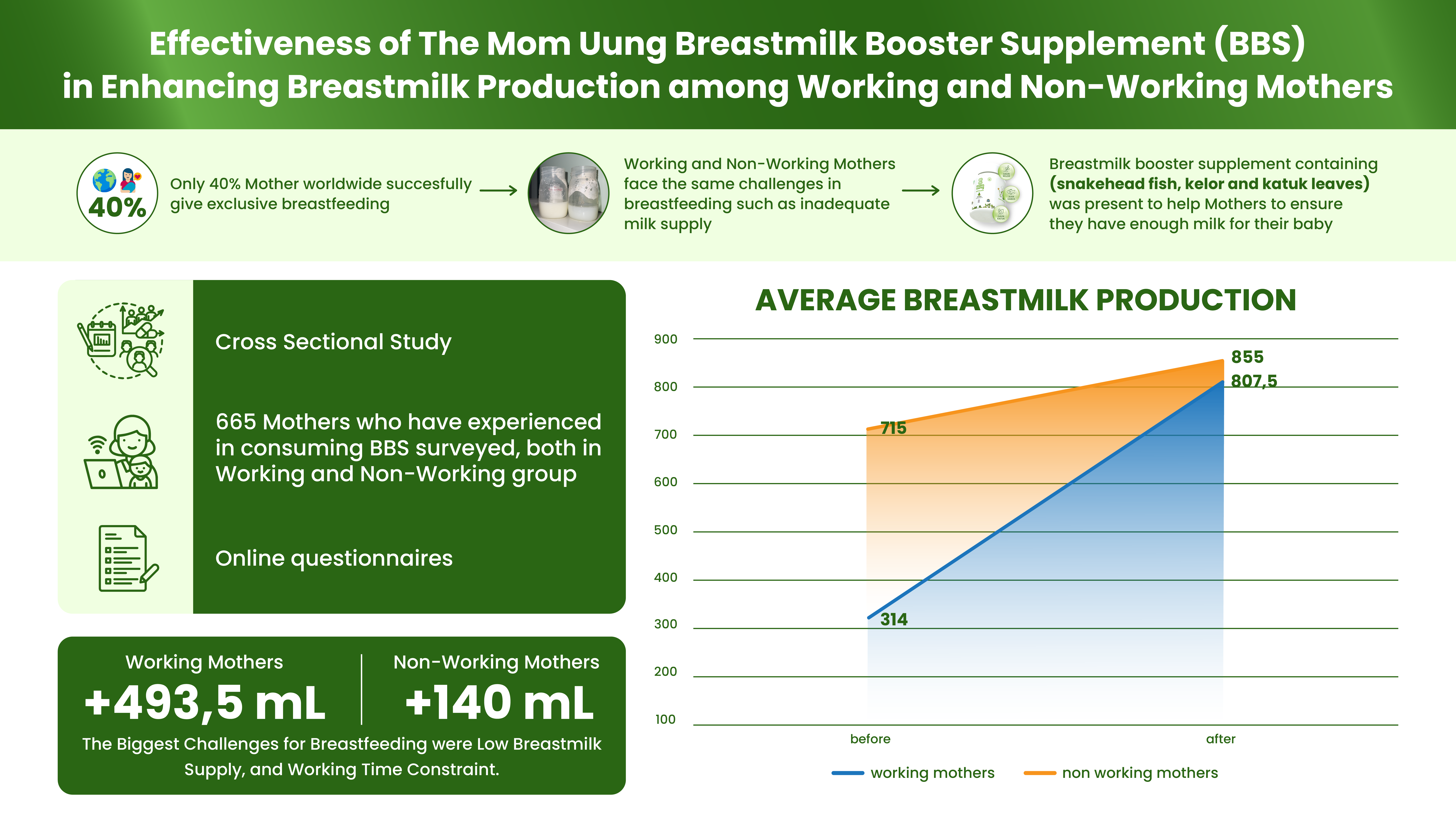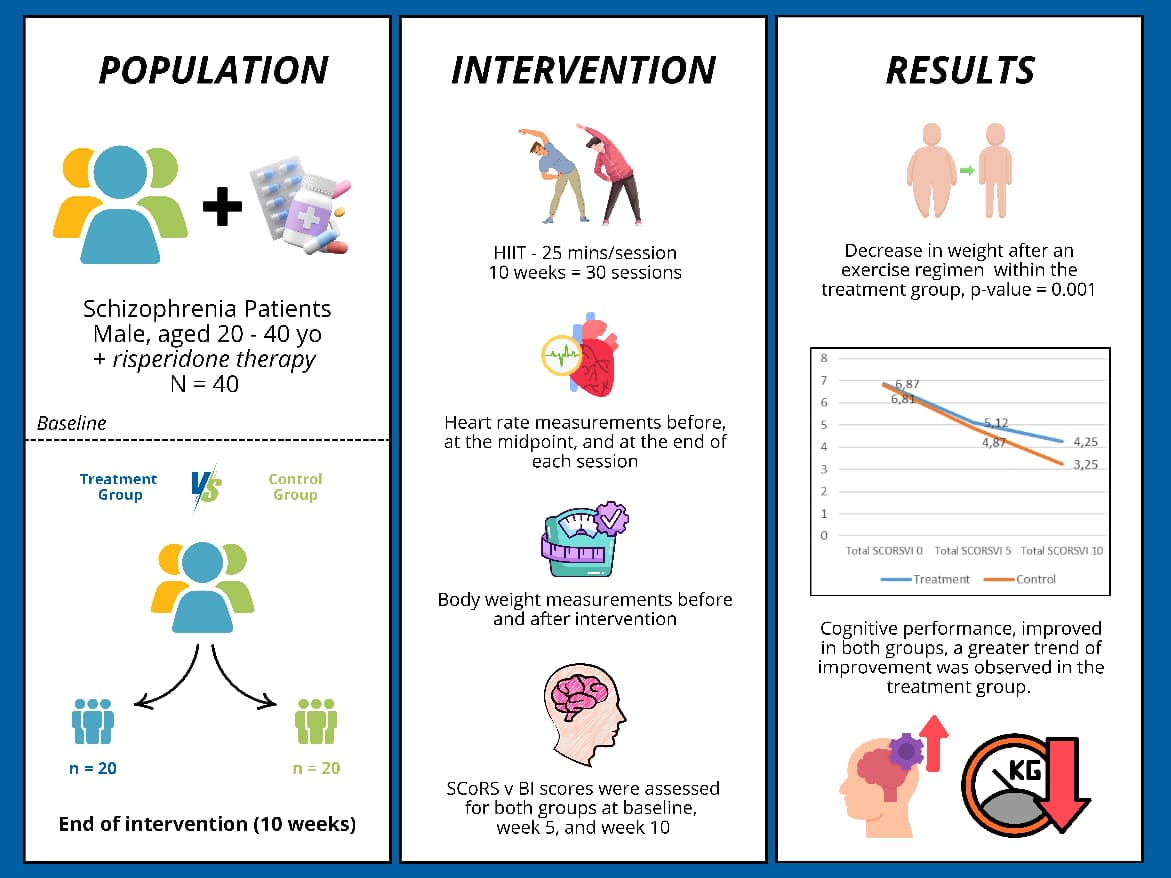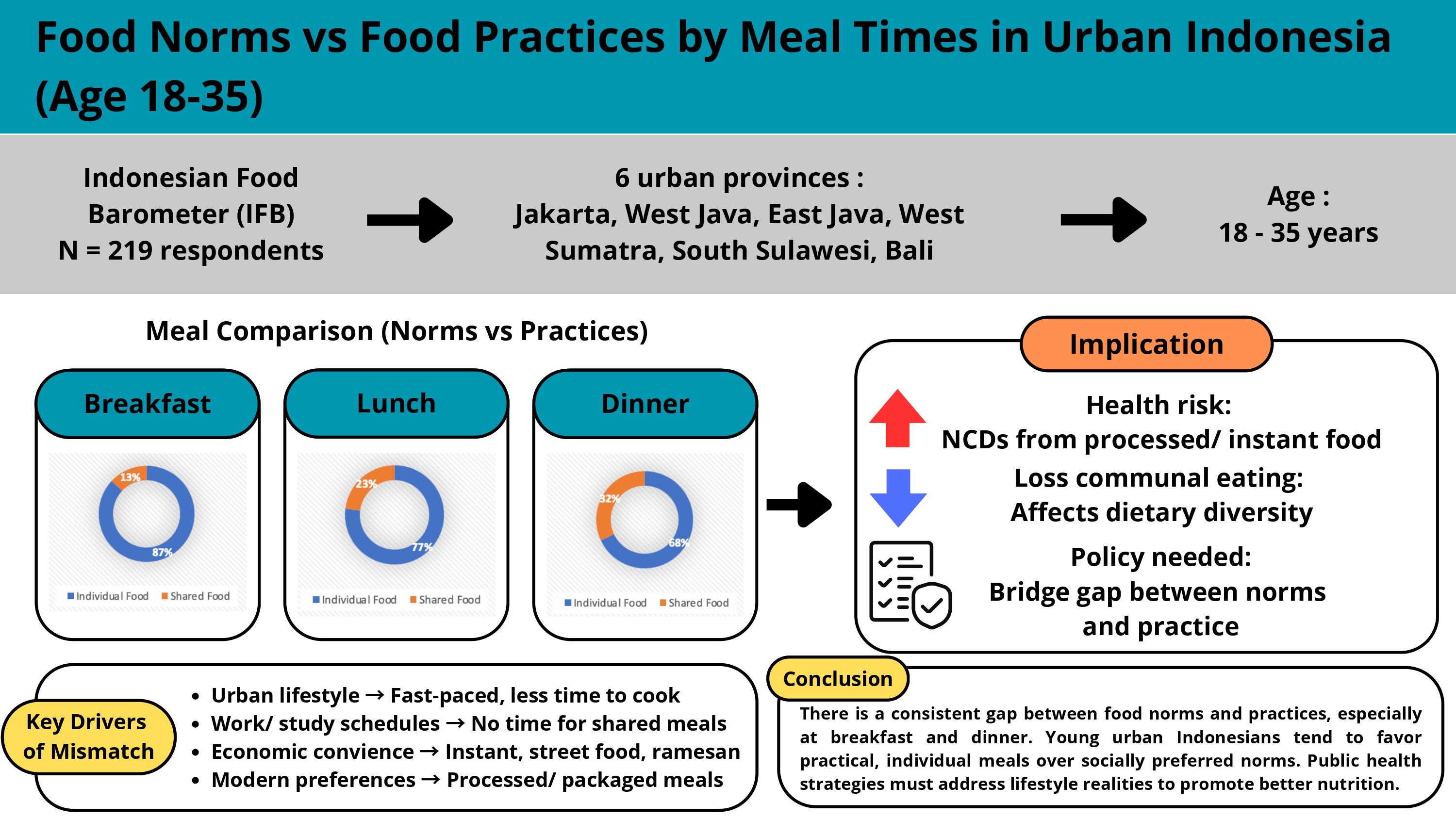APAKAH PERILAKU DAN ASUPAN MAKAN BERLEBIH BERKAITAN DENGAN STRESS PADA MAHASISWA GIZI YANG MENYUSUN SKRIPSI?<br><i>[Whether There is A Correlation Between Behavior and Excess Food Intake with the Stress in Nutrition Student Who Preparing for the Undergraduate Thesis?]</br></i>
Downloads
Ball, L., Eley, D.S., Desbrow, B., Lee, P., & Ferguson, M. (2015). A cross-sectional exploration of the personality traits of dietitians. Journal of Human Nutrition and Dietetics, 28(5), 502–509. doi:10.1111/jhn.12265
Chao, A.M., Jastreboff, A.M., White, M.A., Grilo, C.M., & Sinha, R. (2017). Stress, cortisol, and other appetite-related hormones: Prospective prediction of 6-month changes in food cravings and weight. Obesity, 25(4), 713–720. doi:10.1002/oby.21790
Cohen, S. (1994). Perceived tress cale. Perceived Stress Scale, 1. doi:10.1037/t02889-000
El Ansari, W., Adetunji, H., & Oskrochi, R. (2014). Food and mental health: Relationship between food and perceived stress and depressive symptoms among university students in the United Kingdom. Central European Journal of Public Health, 22(2), 90–97. doi:10.21101/ cejph.a3941
El Ansari, W., & Berg-Beckhoff, G. (2015). Nutritional correlates of perceived stress among university students in Egypt. International Journal of Environmental Research and Public Health, 12(11), 14164–14176. doi:10.3390/ ijerph121114164
Haleem, D.J., Inam, Q. ul A., Haider, S., Perveen, T., & Haleem, M.A. (2015). Serum Leptin and Cortisol, Related to Acutely Perceived Academic Examination Stress and Performance in Female University Students. Applied Psychophysiology Biofeedback, 40(4), 305–312. doi:10.1007/ s10484-015-9301-1
Hamdan. (2011). Buku Pintar Skripsi, Tesis, Disertasi: Seni dan Manajemen Pengujian Hipotesis. Yogyakarta: Bentang Belia.
Jair Vidal, E., Alvarez, D., Martinez-Velarde, D., Vidal-Damas, L., Yuncar-Rojas, K.A., JulcaMalca, A., & Bernabe-Ortiz, A. (2018). Perceived stress and high fat intake: A study in a sample of undergraduate students. PLoS ONE, 13(3), 1–11. doi:10.1371/journal.pone.0192827
Kandiah, J., Yake, M., Jones, J., & Meyer, M. (2006). Stress infl uences appetite and comfort food preferences in college women. Nutrition Research, 26(3), 118–123. doi:10.1016/j. nutres.2005.11.010
King, K. A., Vidourek, R., & Schwiebert, M. (2009). Disordered eating and job stress among nurses. Journal of Nursing Management, 17(7), 861–869. doi:10.1111/j.1365-2834.2009.00969.x
Lazarevich, I., Irigoyen-Camacho, M.E., del Consuelo Velázquez-Alva, M., & Salinas-Ávila, J. (2015). Psychometric characteristics of the Eating and Appraisal Due to Emotions an..: EBSCOhost. Nutricion Hospitalaria., 31(6), 2437–2444. doi:10.3305/nh.2015.31.6.8960
Lemeshow, S., Hosmer, D.W., Klar, J., & Lwanga, S.. (1990). Adequacy of Sample Size in Health Studies. England: John Wiley & Sons Ltd.
Lubis, N.L. (2009). Depresi: Tinjauan Psikologis. Jakarta: Kencana Prenada Media Grup.
Macht, M. (2008). How emotions aff ect eating: A fi ve –way model. Appetite vol. 50, p.1-11. Appetite, 50(1), 1–11. doi:10.1016/j.appet.2007.07.002
Mikolajczyk, R.T., El Ansari, W., & Maxwell, A. E. (2009). Food consumption frequency and perceived stress and depressive symptoms among students in three European countries. Nutrition Journal, 8(1), 1–8. doi:10.1186/1475-2891-8- 31
Miller, G.E., Chen, E., & Zhou, E.S. (2007). If it goes up, must it come down? Chronic stress and the hypothalamic-pituitary-adrenocortical axis in humans. Psychological Bulletin, 133(1), 25–45. doi:10.1037/0033-2909.133.1.25
Mohammad, G., & Faisalabad, A. (2013). Factors affecting bmi, 20(6), 956–964. Retrieved from applications.emro.who.int/imemrf/ Professional_Med_J_Q/Professional_ Med_J_Q_2013_20_6_956_964.pdf
Nadeak, T.A., Siagian, A., & Sudaryati, E. (2013). Hubungan Status Stress Psikososial dengan Konsumsi Makanan dan Status Gizi Siswa SMU Methodist-8 Medan. Jurnal Gizi, Kesehatan Reproduksi, Dan Epidemiologi, 2(6), 1–8. Retrieved from https://jurnal.usu.ac.id/index.php/ gkre/article/view/5211/2792
Oken, B.S., Chamine, I., & Wakeland, W. (2015). A systems approach to stress, stressors and resilience in humans. Behavioural Brain Research, 282, 144–154. doi:10.1016/j.bbr.2014.12.047
Ozier, A.D., Kendrick, O.W., Knol, L.L., Leeper, J.D., Perko, M., & Burnham, J. (2007). The Eating and Appraisal Due to Emotions and Stress (EADES) Questionnaire: Development and Validation. Journal of the American Dietetic Association, 107(4), 619–628. doi:10.1016/j. jada.2007.01.004
Ozier, A.D., Kendrick, O.W., Leeper, J.D., Knol, L.L., Perko, M., & Burnham, J. (2008). Overweight and Obesity Are Associated with Emotion- and Stress-Related Eating as Measured by the Eating and Appraisal Due to Emotions and Stress Questionnaire. Journal of the American Dietetic Association, 108(1), 49–56. doi:10.1016/j. jada.2007.10.011
Rasmun. (2004). Stress Koping dan Adaptasi. Jakarta: CV. Sagung Seto.
Robotham, D. (2008). Stress among higher education students: Towards a research agenda. Higher Education, 56(6), 735–746. doi:10.1007/s10734- 008-9137-1
Weiten, W. (2010). Psychology: Themes and Variations 8th edition (8th editio). Canada: Wadsworth, Cengage Learning.
- MEDIA GIZI INDONESIA Journal is the copyright owner of all materials published on this website.
- The formal legal provisions for access to digital articles of this electronic journal are subject to the terms of the Creative Commons Attribution-NonCommercial-ShareAlike license (CC BY-NC-SA 4.0), which means that MEDIA GIZI INDONESIA Journal and readers reserve the right to save, transmit media / format, manage in database, maintain, and publish articles as long as it continues to include the name of the Author.
- Printed and published print and electronic manuscripts are open access for educational, research and library purposes. In addition to these objectives, the editorial board shall not be liable for violations of copyright law.


2.png)















